Question And Answer
Publications
Articles, publications, books, tools and multimedia features from the U.S. Institute of Peace provide the latest news, analysis, research findings, practitioner guides and reports, all related to the conflict zones and issues that are at the center of the Institute’s work to prevent and reduce violent conflict.
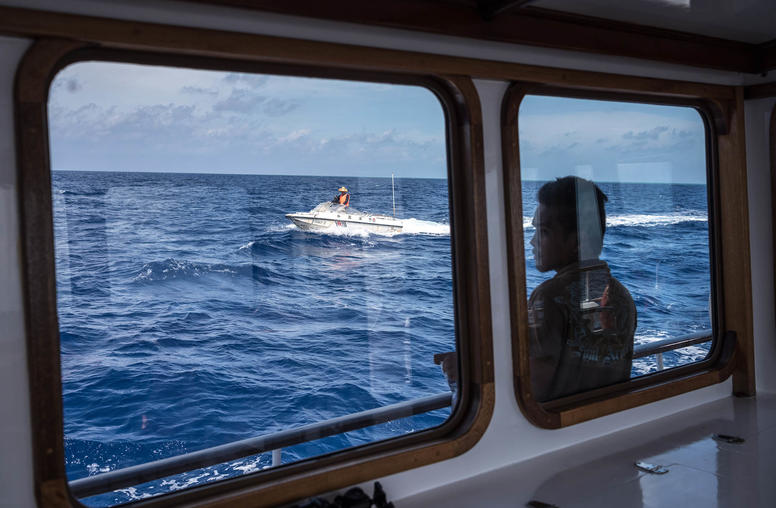
Amid China Tensions, the Philippines Relies on Alliances and Rule of Law
A diplomatic win, many people said about the announcement of a hotline between the Philippines and China. This was one of the highlights of President Ferdinand Marcos Jr.’s trip to China in January 2023, where he and Chinese President Xi Jinping established a direct line of communications between their two capitals. Specifically, the line would be between departments in each country’s foreign affairs ministries that deal with maritime and border issues. The objective was to prevent the escalation of tension in the West Philippine Sea (also referred to as the South China Sea).
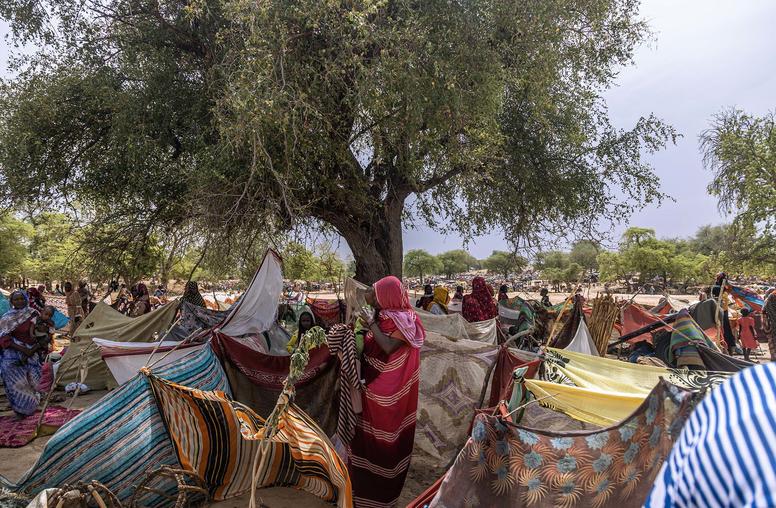
After Six Months of Civil War, What’s the State of Play in Sudan?
What started as clashes in Khartoum this April between the Sudan Armed Forces (SAF) and the paramilitary Rapid Support Forces (RSF) has devolved into a civil war. General Abdel Fattah al-Burhan, who leads the SAF, and his former deputy, the RSF’s General Mohamed Hamdan Dagalo, had worked together in toppling the Bashir regime in 2019 and orchestrating a military coup in 2021. But tensions over how the RSF would integrate into the SAF eventually led to fighting that has metastasized over the last six months. Caught in the crossfire are Sudanese civilians, who are experiencing a growing humanitarian crisis.
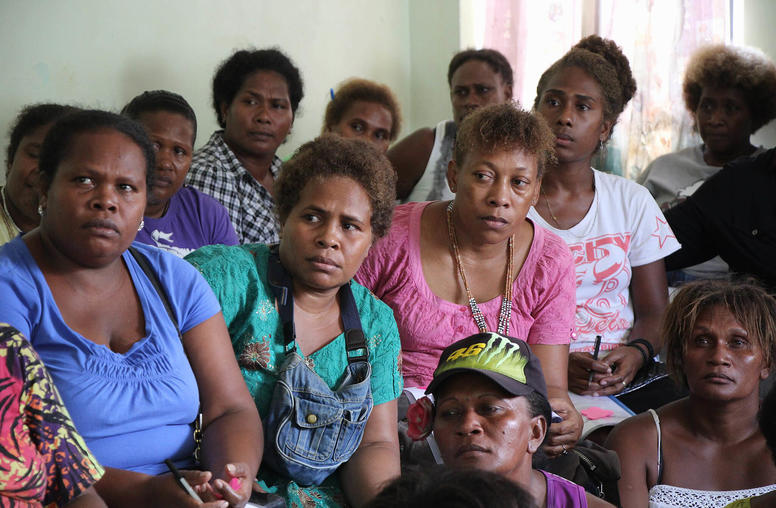
The Success and Sidelining of Women Peacebuilders in Solomon Islands
During the height of “The Tensions” in Solomon Islands — an armed civil conflict from 1998 to 2003 — women were thrust into the role of peace symbol, negotiator, trauma counsellor and mediator. Women often went in between the two warring sides to negotiate safe trade and movement of people, encouraged militants to give up arms, and led meetings and marches for peace.
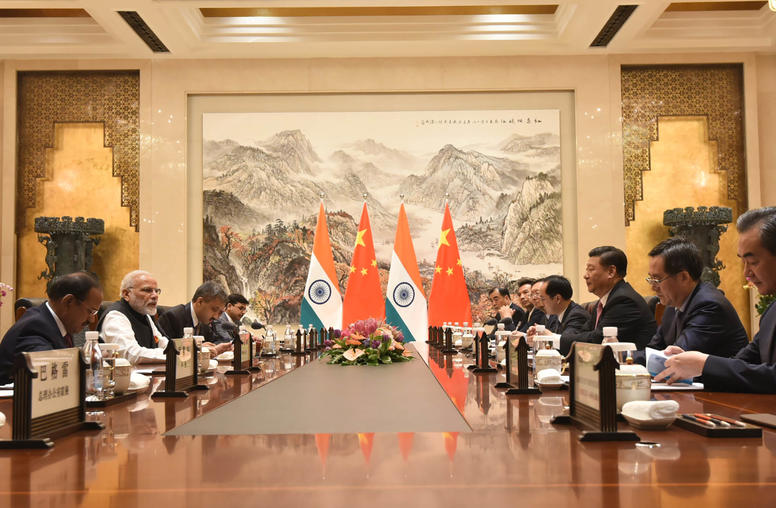
Three Things to Know About China-India Tensions
Relations between the two Asian giants have soured over the last decade, particular following a 2020 border brawl between Indian and Chinese troops in the Galwan Valley. While there are credible concerns that these nuclear powers’ ties are trending in the wrong direction — particularly as both sides continue provocative actions — neither Beijing nor New Delhi wants to see an escalation toward a more serious conflict. For its part, the United States has sought to deepen its security and economic relationship with India as the U.S.-China rivalry intensifies and considers it a vital partner in Washington’s Indo-Pacific strategy.
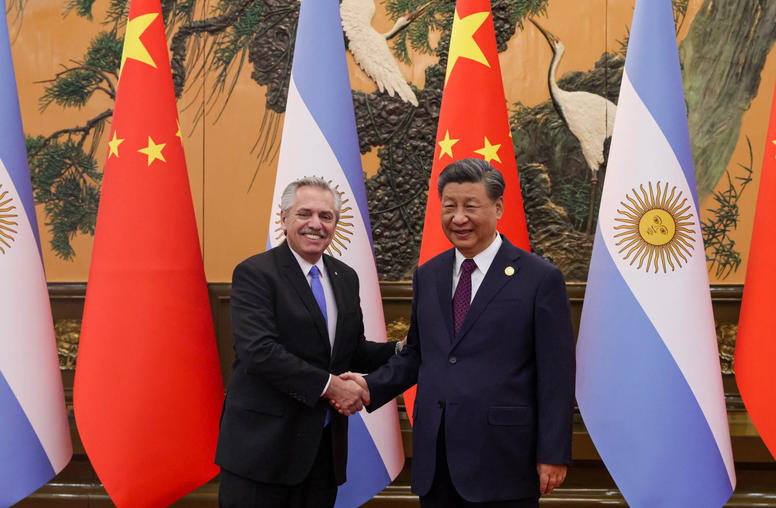
U.S. Needs to Invest More in Latin America to Counteract China in the Region
Amid ongoing U.S.-China competition, Summers’ observation encapsulates one of the key reasons for China’s success across the Global South — particularly in Latin America and the Caribbean. China delivers when it comes to building infrastructure, whether it’s airports and sports stadiums or 5G networks courtesy of Huawei and ZTE.
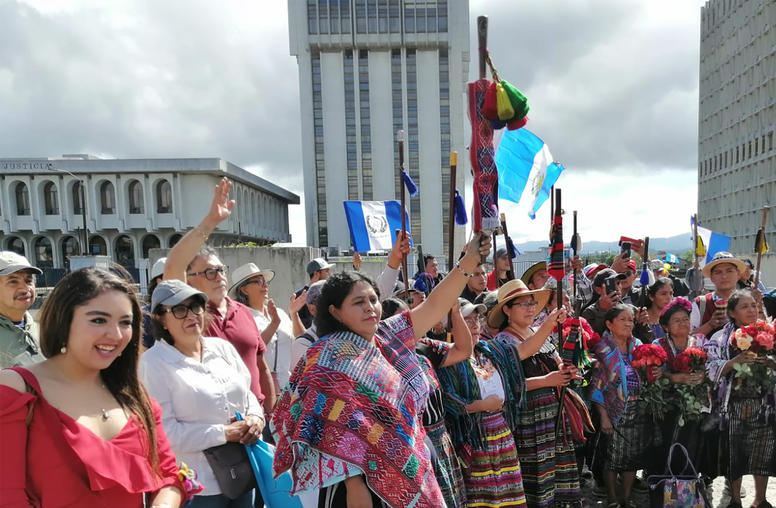
Guatemala: Indigenous Leaders Take Democracy Campaign Nationwide
When anti-corruption candidate Bernardo Arévalo won Guatemala’s presidency in August, his urban supporters took to the streets in celebration. Two months later, they are still there, not in celebration but in protest against challenges to Arévalo’s election led by the country’s attorney general. This month, the protests went national when Indigenous authorities called a strike demanding the attorney general’s resignation. The participation of Guatemala’s marginalized Indigenous peoples in nationwide protests holds both peril and promise. Instability in the impoverished rural hinterland could send additional waves of migrants toward the U.S. border. But the Indigenous population’s defense of elections could also prove a watershed moment for Guatemalan democracy.
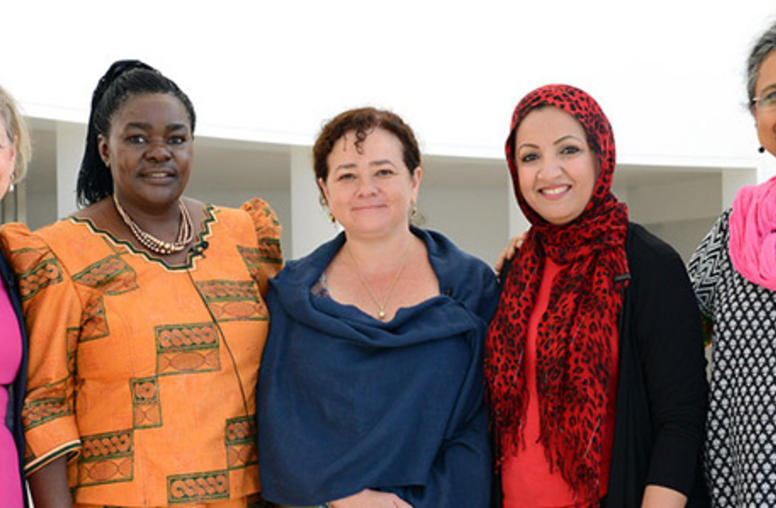
Acclaimed Iraqi Women’s Rights Lawyer Pleads, 'Please Don’t Forget Iraq'
A poignant plea from a prominent Iraqi lawyer who was lauded this week for her community leadership illustrated the determination it takes to achieve change in the most daunting circumstances. “Please, don’t forget Iraq,” Suaad Allami told an audience at the U.S. Institute of Peace, just hours before President Barack Obama announced plans to send 300 military advisers to support her country’s security forces amid the current crisis.
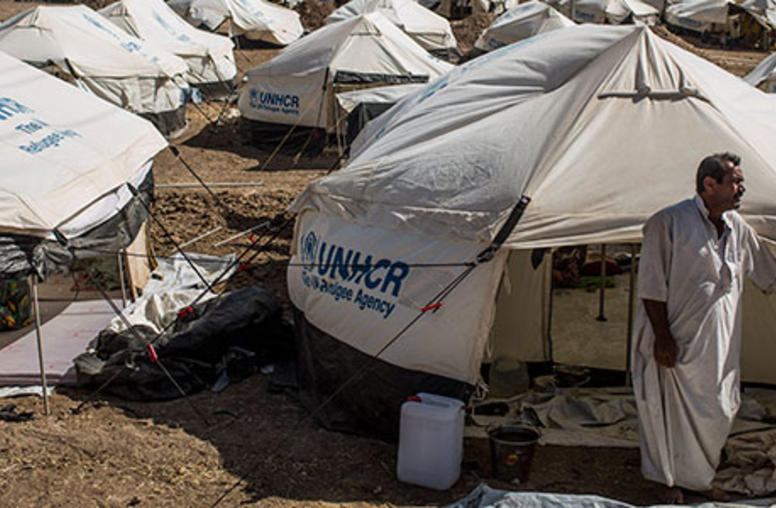
Q&A: Iraq’s Spreading Turmoil
With fighting in Iraq spreading since the shocking onslaught of a militant group once aligned with al-Qaida, the country's Parliament convened this week to start forming a new government based on the April elections, only to adjourn again within hours. Sarhang Hamasaeed, a senior program officer at the U.S. Institute of Peace, explains the latest developments, the forces tearing at the country's fabric and the effects on the broader region.
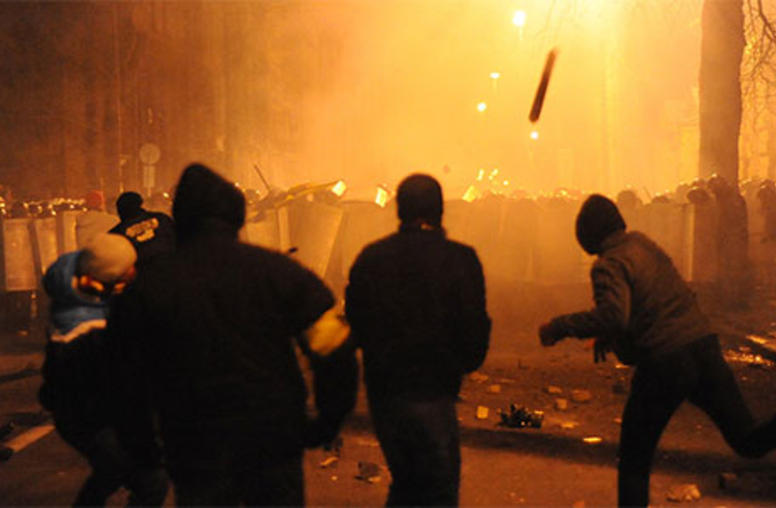
Corruption: Sleeper Threat to International Security
In non-violent uprisings and more full scale revolutions ranging from the Arab spring to the overthrow of the President in Ukraine, one common underlying propellant was rebellion against government corruption. The same fuel has fed continuing turmoil in post-revolutionary Libya and undercut Nigeria's fight against Boko Haram. Yet the role of acute corruption in fomenting protests and violence is underappreciated and makes Western efforts to combat it insufficient.
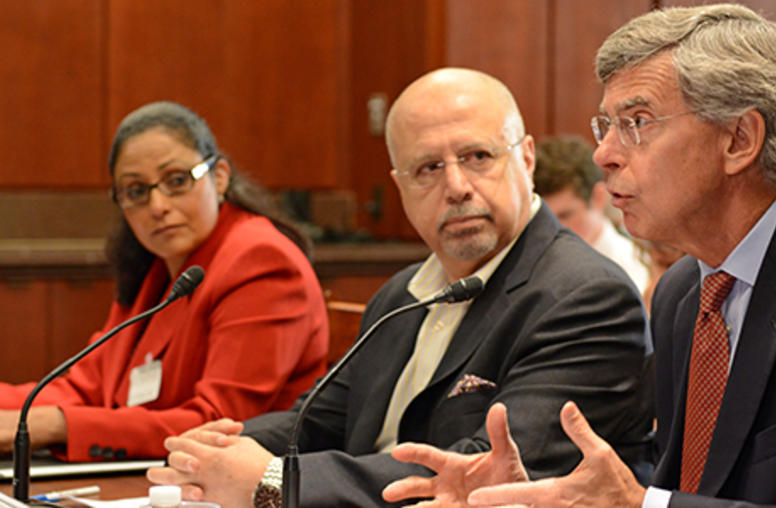
Egypt, Tunisia’s Opposite Paths Require Divergent Response, USIP’s Taylor Says
Egypt and Tunisia represent opposite ends of the spectrum in the evolution of their politics since the Arab Spring, U.S. Institute of Peace Vice President and former Ambassador Bill Taylor told a government panel this week. “Tunisia has demonstrated remarkable maturity and commitment to the ideal of political inclusiveness,” Taylor said. “Egypt has not.”